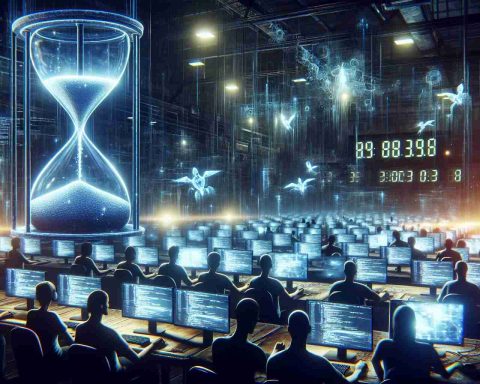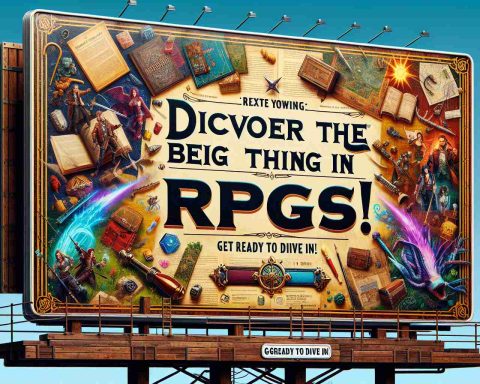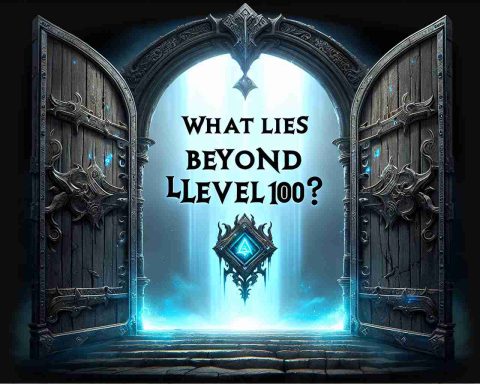Stray Fawn Studio, an innovative indie game developer, has recently experienced an unsettling trend in the gaming industry: multiple unauthorized copies of their forthcoming roguelike deckbuilder, Dungeon Clawler, appeared on app stores before the game’s official release. The studio, known for its unique city-building game, The Wandering Village, has dealt with imitation throughout its journey, but the rapid emergence of clones has left co-founder Philomena Schwab particularly disheartened.
The original game, Dungeon Clawler, is set to launch in late 2024 and features a dynamic claw machine mechanic that allows players to collect items for use in combat against endearing yet mischievous dungeon foes. Following the announcement, which was met with excitement during the recent Steam Deckbuilder Fest, two games titled Claw Heroes and Crab Clawler made their way onto the market. Their descriptions and gameplay closely mirrored Stray Fawn’s creation, indicating a troubling trend of idea theft that the company is currently grappling with.
Schwab noted that while they can often report instances of direct asset theft, combating clones that replicate game mechanics is significantly more challenging. The frequency and boldness of these copycats has created a discouraging landscape for developers like Stray Fawn, who strive to balance creativity and transparency with the fear of exploitation. In spite of these challenges, Schwab emphasizes their commitment to innovation and the joy of sharing their concepts with the gaming community.
Relevant Facts:
– The gaming industry has a long history of copycat games, especially among indie developers who may lack the resources for legal action or extensive marketing.
– Many indie developers rely on crowdfunding to bring their games to market, making the threat of copycats especially daunting as they may not have the financial backing to counteract potential losses.
– The rise of digital distribution platforms has made it easier for unauthorized copies to surface globally, often before the original game is launched.
Key Questions and Answers:
1. What can indie developers do to protect their intellectual property?
Indie developers can file for trademarks and copyrights for their original ideas, but the protections can be difficult to enforce, particularly for gameplay mechanics that may be harder to claim. Additionally, having a strong online presence and community support can help raise awareness of imitation games.
2. What are the potential legal challenges when dealing with copycats?
Legal battles can be prolonged and expensive. The burden of proof often falls on the original creator to demonstrate that a copycat game infringes on their intellectual property. Additionally, varying laws in different countries complicate enforcement efforts.
3. How do copycats impact sales for the original game?
Copycats can dilute the market and confuse potential buyers, leading to reduced sales for the original game. Consumers may unknowingly purchase a clone instead of supporting the original developer.
Challenges and Controversies:
– Market Saturation: The appearance of multiple clones can saturate the market, making it difficult for the original game to gain traction and visibility.
– Creator Fatigue: Constantly battling against copycats can lead to burnout and discourage developers from creating new and innovative titles.
– Community reactions: Fans of the original game may feel frustrated by the emergence of clones, which can lead to a further divide in the community and negative sentiment toward the gaming industry.
Advantages and Disadvantages:
Advantages of Being an Indie Developer:
– Creative Control: Indie developers have the freedom to innovate and explore unique concepts without the pressure from larger publishers.
– Community Engagement: Direct engagement with players allows for a loyal fanbase that appreciates creativity and originality.
Disadvantages of Being an Indie Developer:
– Vulnerability to Exploitation: Limited resources make it challenging to protect intellectual property rights against copycats.
– Market Challenges: Competing with multiple clones can lead to financial struggles and may stifle the growth of indie studios.
Suggested Related Links:
Indie Gamer
Gamasutra



















